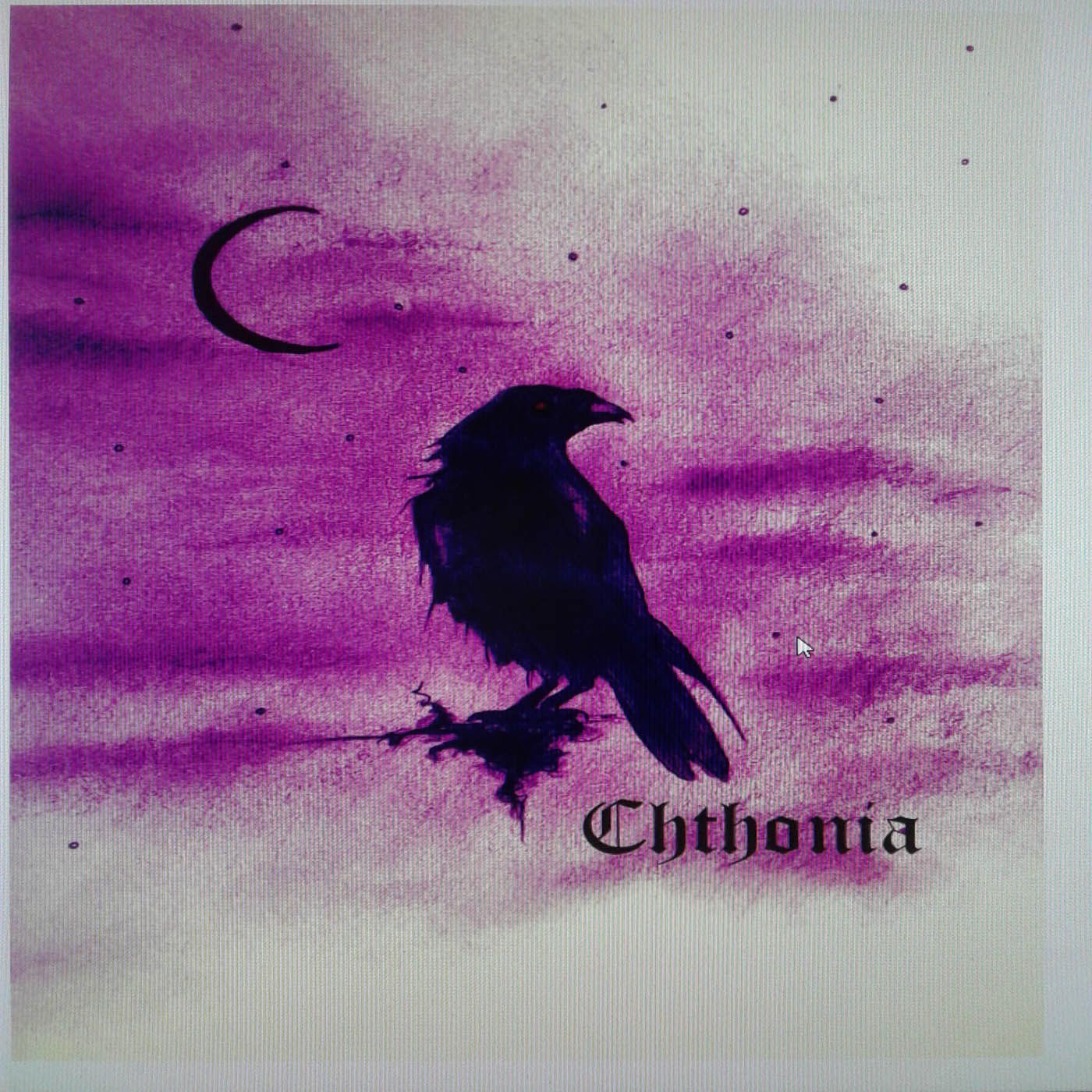

Chthonia
Brigid Burke
Explore the world of the Dark Feminine in myth, religion, folklore, and magic.
Episodes
Mentioned books

Oct 14, 2024 • 54min
Nure-onna: the Female Trickster Yokai
This week we look at Nure-onna, a Yokai who preys on men who try to help or rescue an apparent woman and child in need. We look beyond any social explanations of the story, to explore the realities of nature and natural forces.

Sep 30, 2024 • 1h 10min
Queen of Elphame: Illusions of Space and Time
Dive into the enchanting world of the Queen of Elphame, a fascinating figure in Scottish fairy lore. Explore the intertwining of myth and matriarchy, and how goddess worship has evolved culturally. Discover the dark history behind witch trials and enchanting tales like 'Tam Lin,' revealing the perilous side of fairy folk. Journey through Ireland, contemplating liminal spaces between heaven and hell, and the intriguing nature of time in the fae realms. Embrace the legacy of Clan Mothers and their crucial role in Wiccan rituals.

Sep 16, 2024 • 57min
Nicnevin: Scottish Hecate?
Website: https://chthonia.netPatreon: https://patreon.com/chthoniaMerch: https://chthoniapodcast.creator-spring.com/School: https://instituteforfemininemyth.orgThis week's episode is about Nicnevin, a Scottish witch queen whose is first named in a poetic flyting (comedic poetry battle) written by Alexander Montgomerie in 1585. She is described as a fairy queen, a witch queen, a terrifying hag,the Scottish Hecate, a goddess, and/or the name of a witch burned at the stake. We examine the stories of Nicnevin and her associations; is she an ancient witch queen, or a literary invention?

10 snips
Sep 11, 2024 • 48min
Lilith (Classic Chthonia Remastered #1)
Dive into the intriguing tale of Lilith, often hailed as Adam's first wife who challenged her subservient role. Discover her evolution from a demonized figure to a symbol of female empowerment and rebellion. The podcast delves into her origins in ancient texts and the complex relationship between femininity and societal perceptions of good and evil. Explore the intersections of ancient beliefs from Zoroastrianism and Jewish thought, and how these have shaped modern views on morality and power dynamics.

Sep 2, 2024 • 49min
Dearg Due: Female Sovereignty vs Family Expectation
Website: https://chthonia.netPatreon: https://patreon.com/chthoniaMerch: https://chthoniapodcast.creator-spring.com/GoFundMe for Institute for the Study of Feminine Myth: https://gofund.me/5e24b8ec This week we look at the Waterford (Ireland) vampire, the Dearg Due. Unlike some other folkloric vampires, this one has its origins in a story about a forced marriage, star crossed lovers, and abuse of the feminine by a father and a husband. When we look at all the elements of the story, we end up with a story about the dangers of denying female sovereignty rather than a didactic tale about women who want to marry below their social station.

Aug 19, 2024 • 1h 1min
Leviathan: Vilified Terror of the Deep
Website: https://chthonia.netBooks: https://chthonia.net/publicationsMerch: https://chthoniapodcast.creator-spring.com/Patreon: https://patreon.com/chthoniaThis week we look at Leviathan, the deep sea monster/demon that is characterized as feminine by Enoch, though we are told by other sources that there was a male and female Leviathan, and that the female was slain to be preserved as a feast for the righteous when the Messiah comes. What exactly is the Leviathan? I argue that comparative myths support the idea of a feminine Leviathan, and why the Christian conception of Leviathan as a devil/demon to be "cast into the abyss forever" makes no sense.

Aug 5, 2024 • 1h 13min
Jezebel: the Wicked Queen Archetype
Dive into the fascinating tale of Jezebel, the controversial queen whose legacy raises questions about female power. Uncover how her reputation as the archetypal wicked queen stems from societal fears of empowered women. Explore her duality—both ruthless and vulnerable—as she navigated conflicts between Baalism and Yahwism. The discussion reveals her complex influence on perceptions of women in leadership, showcasing historical figures who defy traditional roles. This journey through ancient narratives challenges the definitions of morality and authority.

Jul 22, 2024 • 1h 2min
The Sirens: Tragic Figures of Feminine Seduction
Website: https://chthonia.netPublications: https://chthonia.net/publicationsPatreon: https://patreon.com/chthoniaMerch: https://chthoniapodcast.creator-spring.com/This week's episode looks at the Sirens, bird-monsters with female heads (later represented as mermaids) whose song leads sailors to shipwreck and starvation. They are usually considered to be children of the Muses (Terpsichore or Melpomene), and the handmaidens of Persephone, who are either given bird wings to help in Demeter's search or to punish them for neglect at her abduction. Our modern use of the term "Siren" usually indicates a woman who leads a married man astray. What do we understand about the psychology of love and seduction from the stories of the Sirens?

Jul 8, 2024 • 47min
Durga: Creator and Destroyer of Difficulties
Website: https://chthonia.netPublications: https://chthonia.net/publicationsMerch: https://https://chthoniapodcast.creator-spring.com/Patreon: https://patreon.com/chthoniaThis week, we take a look at Goddess Durga. It is strange that I have covered almost every other major Shakti figure on this podcast, but have not done an episode on the star of the Devi Mahatmayam, Durga herself. Beholden to no one, Durga is a warrior called in when she is invited to battle the draining forces of greed and power. We look at the paradox of a goddess who represents both the causes of our violent and angry impulses and also the remedy to those same impulses.

Jun 24, 2024 • 1h 7min
The Banshee: The Magic of Ancient Lamentations
Website: https://chthonia.netPatreon: https://patreon.com/chthoniaSocial media: chthoniapodcast (IG, X, and YouTube), Chthonia Podcast (FB)This week's podcast looks at the Banshee, a Celtic/Gaelic female phantom fairy figure that is heard and sometimes seen weeping and wailing to portend the death of a member of an ancient Irish family. Is the Banshee an omen, a guardian spirit, or both? We look at the elements of Banshee lore and the art of keening and lamenting at funerals, comparing Irish funerary practice to that of ancient Greece.


